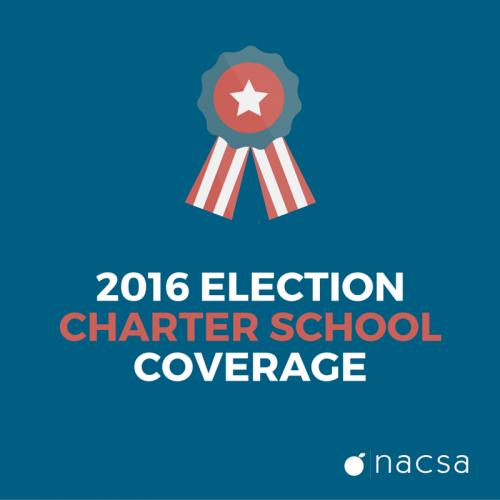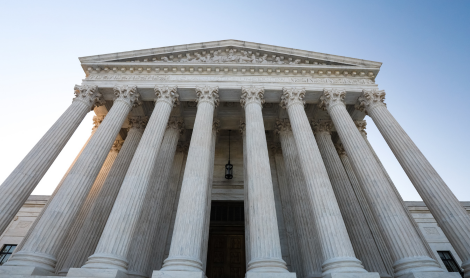Dear Secretary Clinton:
The National Association of Charter School Authorizers (NACSA) appreciates your long-standing support of public charter schools.
We cannot, however, support your comments about charter schools during a recent town hall meeting. Specifically, you stated, “Most charter schools, I don’t want to say every one, but most charter schools, they don’t take the hardest to teach kids. Or if they do, they don’t keep them.”
These remarks are not only inaccurate, but do a disservice to the millions of children in this county who do not yet have the opportunity to attend a public school that will prepare them to succeed in life.
We believe all children can be taught, yet many have not been given equal opportunities to learn. In fact, charter schools are serving many of our nation’s most underserved students at rates greater than or similar to district-run schools, including:
- Students living in poverty. 57% of students in charter schools are eligible for free or reduced-price lunches, compared to 52% in district-run schools.
- African-Americans. 27.6% of students in charter schools are African-American, compared to 15.1% of students in district-run schools.
- Hispanics. 29.1% of students in charter schools are Hispanic, compared to 24.1% in district-run schools.
- Individuals with disabilities. 10.4% of students in charter schools receive special education services, compared to 12.6% of students in district-run schools. However, district-run schools over-identify students needing special education services, particularly African-American students. Thus, the fact that charter schools identify fewer students as needing special education services may actually be a positive attribute.
- Students learning English as a second language. 8% of charter school students are English Language Learners (ELL) or Limited English Proficient (LEP) students, compared to 9.1% in district-run public schools.
Authorizers—the organizations that oversee each and every public charter school in the country—play a vital role in ensuring that all kids are being served by public charter schools. This core oversight responsibility of authorizers and other public agencies is enshrined in state education laws.
In fact, our organization exists because we have a deep commitment to expanding quality educational opportunities to all children, especially to those students who do not have access to a good school now.
Our nation can only continue to make progress on this front if we deal with real facts and figures, not myths. Unfortunately, your misstatements feed into a false and divisive narrative that pits some types of public schools against others; some public school educators against others; and some parents against others.
In the months ahead, we would be pleased to work with you and with all people of good faith who are committed to all children having an opportunity to attend an excellent public school that sets them up for a lifetime of success.
Sincerely,
Greg Richmond
President & CEO
National Association of Charter School Authorizers



